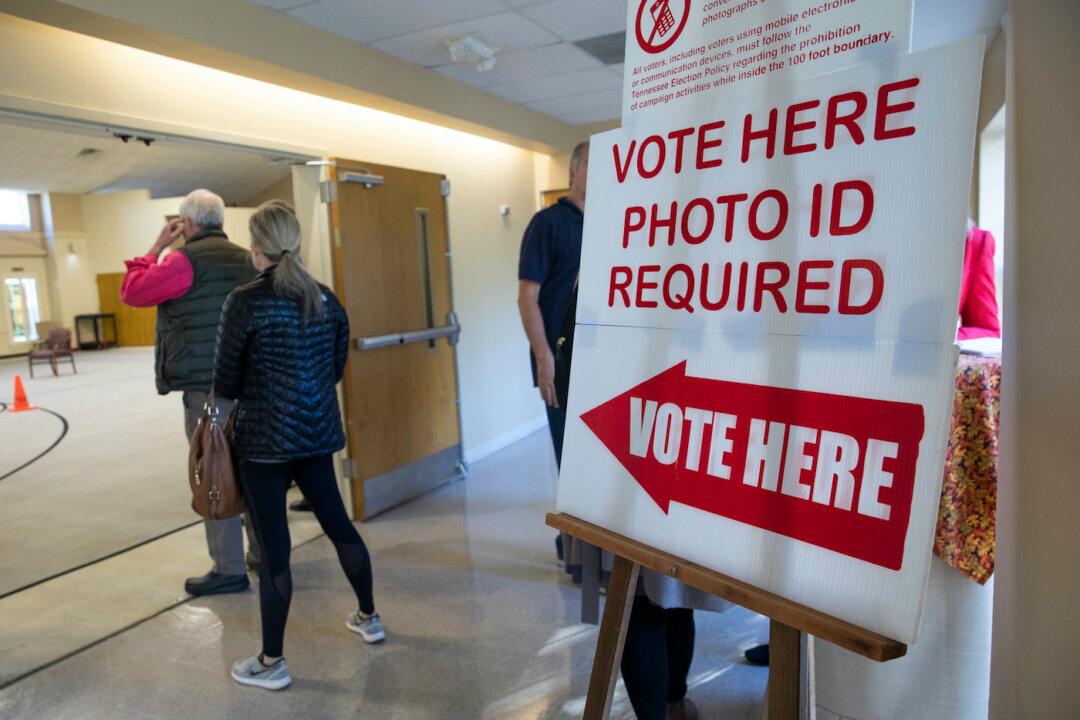An election integrity group is filing a new legal complaint each day this week regarding a different Minnesota county for officials’ failure to remove duplicate voter registrations from county voter rolls.
“Federal law requires that duplicate registrations are eliminated from the voter roll,” said J. Christian Adams, president of the Public Interest Legal Foundation (PILF). Adams is a former civil rights attorney with the U.S. Department of Justice.





